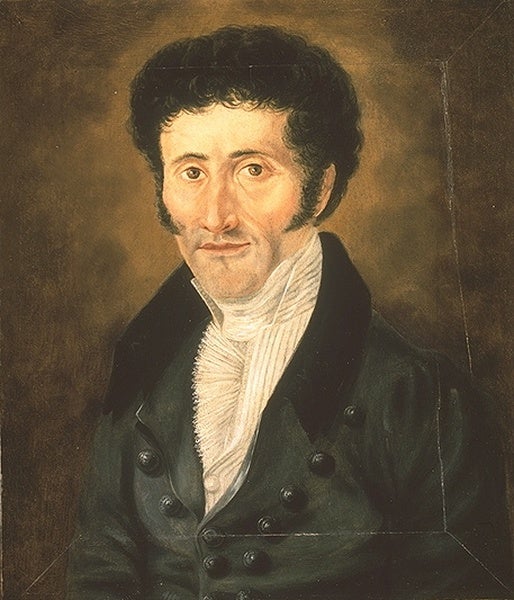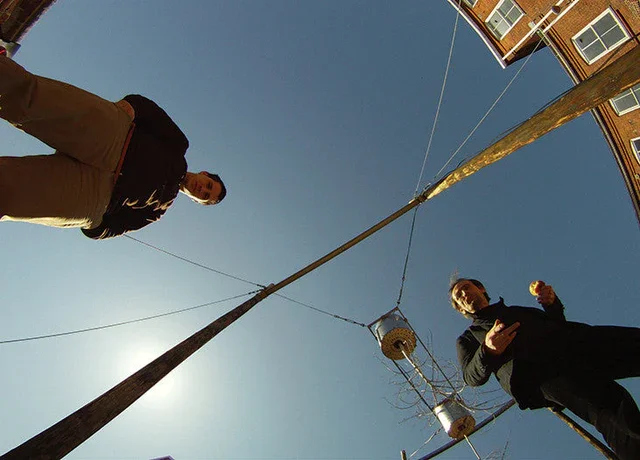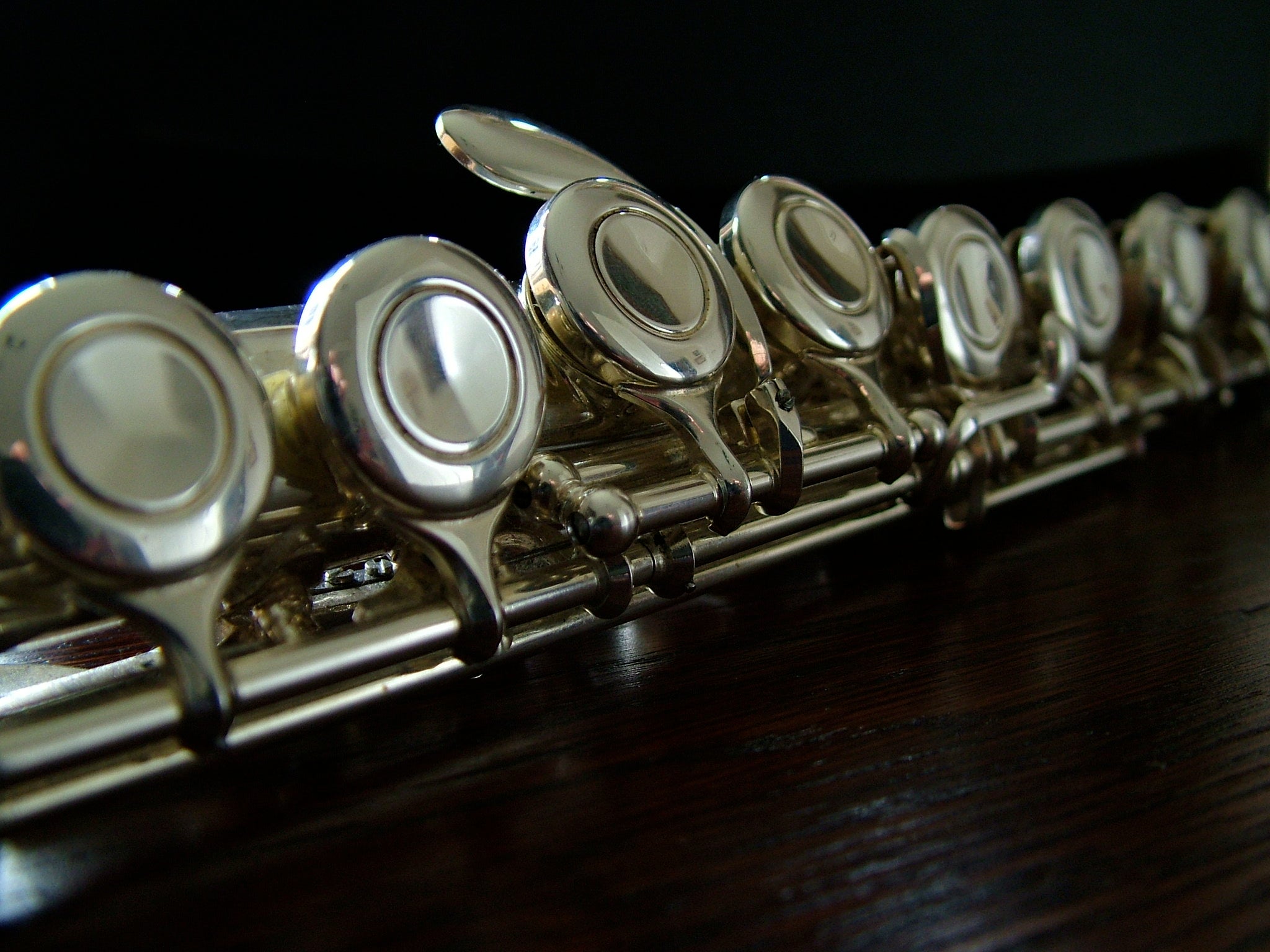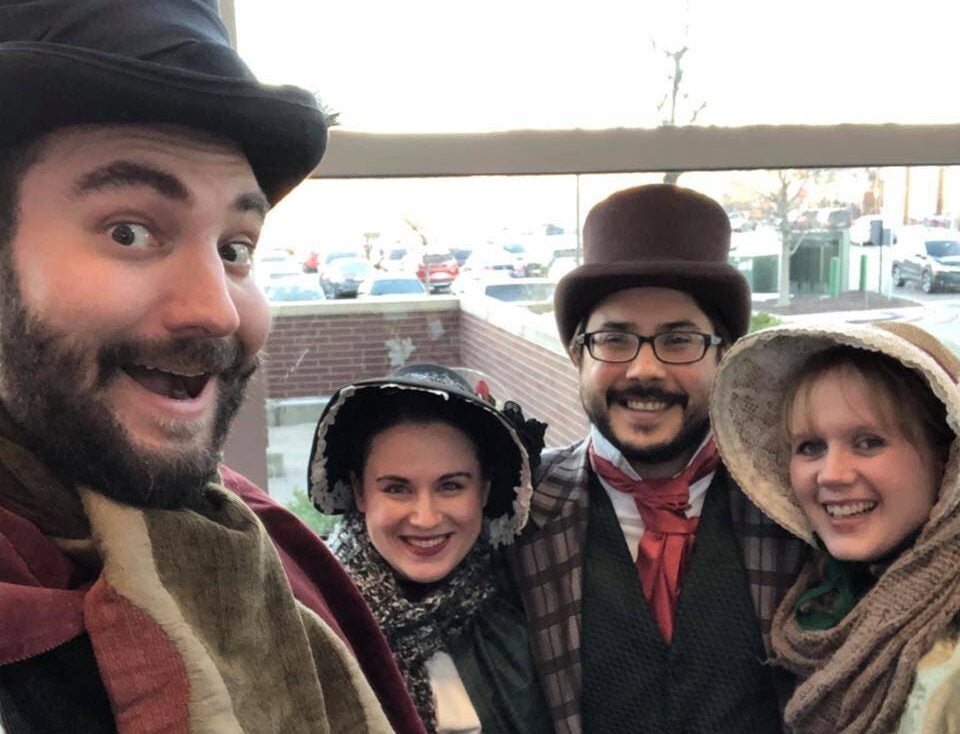One of the most influential men of nineteenth-century music was fictitious. Kappellmeister Johannes Kreisler was a character invented by novelist E.T.A. Hoffmann. In one story, he tells of a Burgundy-soaked encounter with a group of musical dilettantes:
“The baron, an antique tenor, came up to me and said, ‘My dear Kappellmeister, won’t you improvise for us’! Just a little. I beg you.’
“While we are discussing it, the devil himself in the guise of a double-vested dandy finds the Bach variations lying underneath my hat. He has the idea that they’re like the little variations on “nel cor mi non piu sento” or “Ah vous dirai-je, maman” and he wants me to get right to them. I resist and they fall all over me. ‘All right then,’ I say to myself, ‘listen to them and drop dead from boredom.’ I start to play.
Stay informed on the latest news
Sign up for WPR’s email newsletter.
“At the third variation several ladies edged away, followed by several friends of a would-be tenor. Since it was their teacher playing, the Roderlein daughters remained — though it took some effort — until the twelfth variation. At the fifteenth the double-vested dandy fled. But out of respect, the baron himself hung on until the thirtieth, though he all but emptied the glass of punch placed on the piano for me.
“I would have happily put an end to it, but the thirtieth variation compelled me onward. The entire room filled with a fragrant vapor in which the candles burned dolefully. Occasionally a nose appeared, or two eyes, but they disappeared right away.
“So it came to pass that I was left alone with my Sebastian Bach. (I take a drink here.) Should people be permitted to torture honest musicians the way I’ve been tortured today and will be tortured again’! Surely no art is so often and humiliatingly abused as the heavenly art of music.”
One good thing to come from the poor Kappellmeister’s misadventures is the sparkling piano suite Kreislerianu by ETA Hoffmann admirer, Robert Schumann.
Wisconsin Public Radio, © Copyright 2025, Board of Regents of the University of Wisconsin System and Wisconsin Educational Communications Board.





